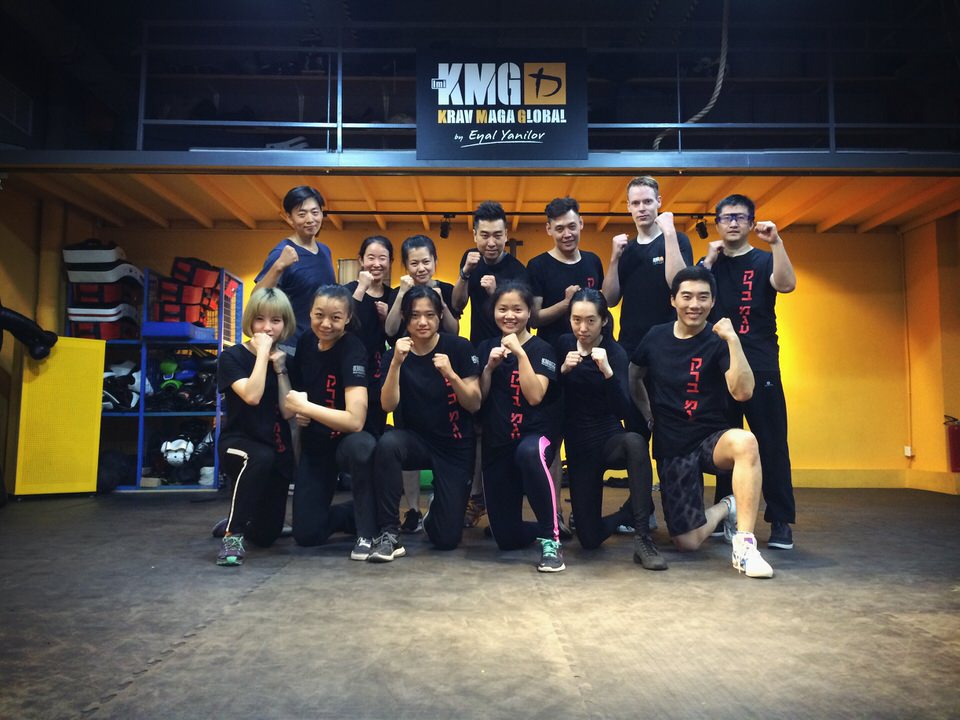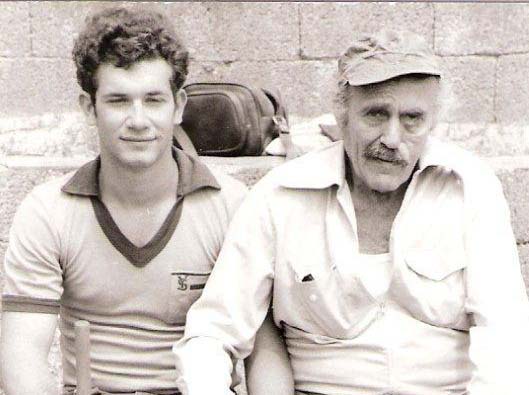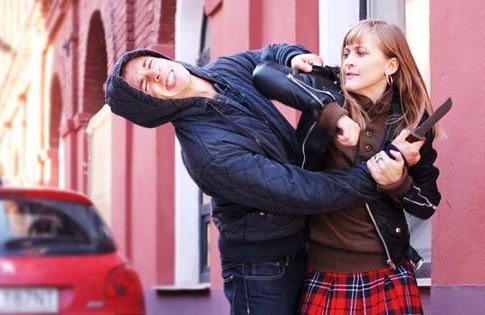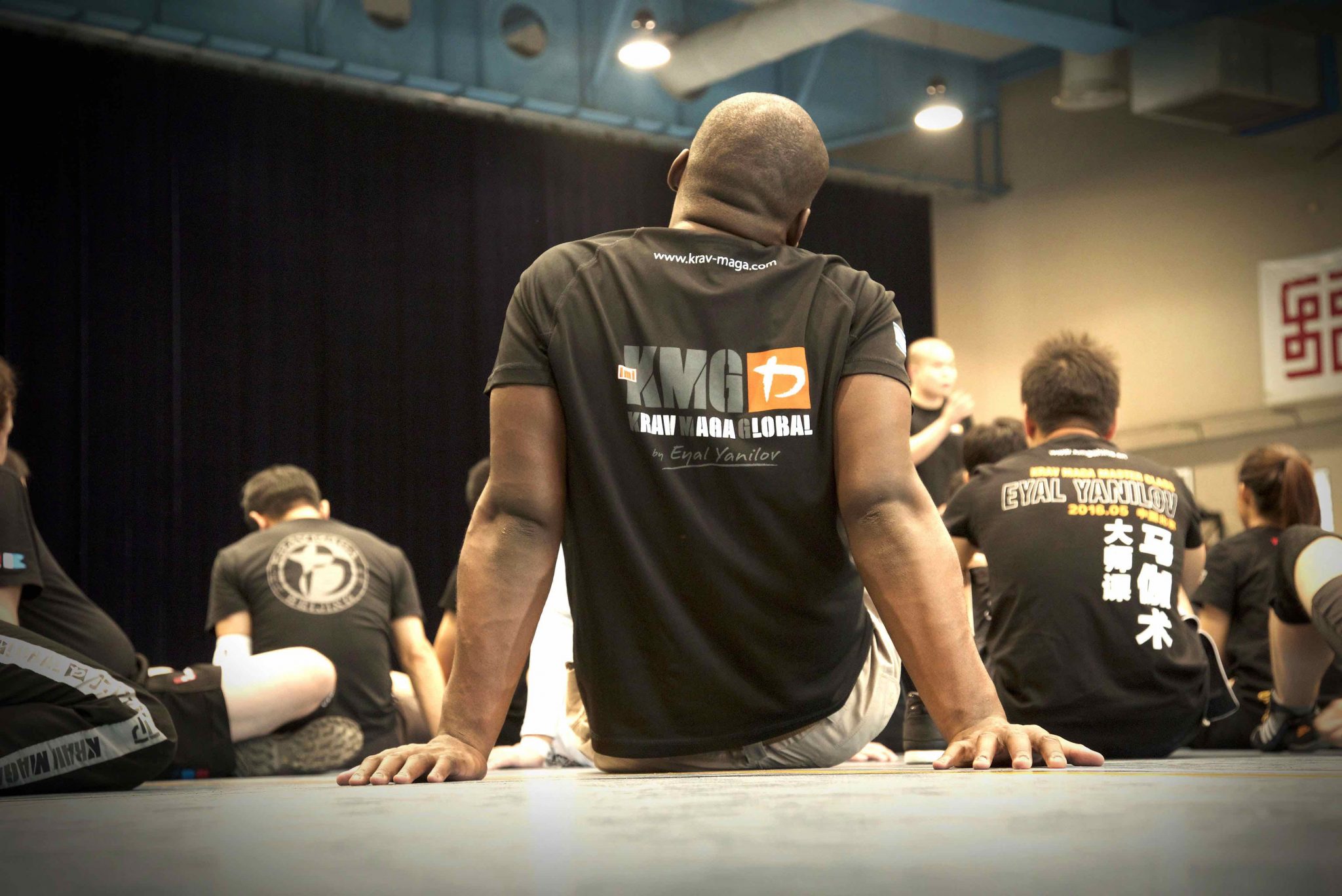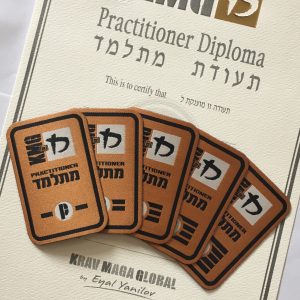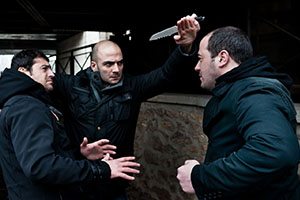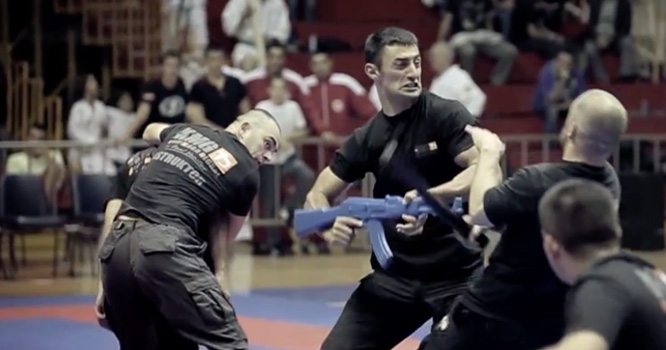
注意:点此查看中文版
KMG STUDENT CODE OF CONDUCT
The Student Code of Conduct is a guide for all KMG trainees. Students are expected to observe this conduct and show themselves to be both disciplined, respectful trainees on the mats, and also honorable, upstanding members of society. KMG takes the Code of Conduct seriously, and students who are found to violate the Code of Conduct will not be accepted for testing or, in cases of repeated or severe violations, can be removed from the organization.
1. RESPECT. Treat all KMG members, Instructors, staff, and members of the public with integrity and respect.
- Treat KMG members, Instructors, and Staff with respect, regardless of gender, race, sexual orientation, religion, political beliefs, and socio-economic status.
- Give due respect to Instructors and Staff, and abide by their authority in the School and with regards to Krav Maga.
- Respect the formal line up at the beginning and end of each class. Stand straight, be attentive, and do not chat with other Students.
- Do not publicly criticize or denigrate other KMG Students or Instructors.
- Follow the guidelines for Grading / Level Testing, especially the minimum training requirements for each level. If your Instructor does not authorize you to test for any reason, do not negotiate or insist on grading. Rather, seek to improve and meet the requirements for the next round of testing.
- Pay your dues on time, and respect the tuition set by your school. KMG HQ regulates the fees at KMG-affiliated schools to ensure they are reasonable fees to Students while maintaining high quality of teaching and training. If you are undergoing financial hardships but wish to continue training with us, please inform your Instructor or School Owner immediately. Assistance can be provided at the discretion of Instructors or Schools Owner for students who display good ability and character and who are undergoing genuine financial hardship.
- When visiting other schools, whether KMG or not, be respectful of their rules, instructions, and training culture. Do not insist on your way.
2. DISCIPLINE AND RESPONSIBILITY IN TRAINING. When in the training studio, Students are expected to be mindful of their behavior before, during, and after class.
- Be on time, be in proper training attire, and be ready to train.
- Always pay attention to the Instructor and not to other distractions.
- If you come late or early, do not join a class that has already started without acknowledgement or instruction from the Instructor or Assistant. Similarly, do not leave the training room in the middle of class without first getting permission from the Instructor or Assistant.
- During class, avoid non-class related conversations with fellow students. Remember that you and everyone else have come to train.
- Be a good training partner. Feed attacks properly and hold pads as your Instructor directs you so that your partner can train and learn the techniques properly, and to avoid injury.
- Practice only what you are taught, and always follow the directions of the Instructor.
- No horseplay in the training area.
- Do not use the training space or equipment without authorization or for your own personal training, unless you have the specific permission of your instructor.
- Do not borrow another person’s equipment without his/her permission.
- If you come early, be seated and wait for class to start. After class, clear the room to make space for the next class.
3. INTEGRITY AND HONOR. Always act with integrity and honor, and avoid boastful or braggart behavior.
- Do not use the techniques you are taught to initiate fights or show off.
- Do not misrepresent or exaggerate your qualifications, grade level, experience, activities or role in KMG and Krav Maga. Modesty is expected and required.
- Respect the distinction between Student and Instructor, and avoid “teaching” other people Krav Maga techniques, whether in casual or formal situation.
- Avoid any circumstances where there is a potential for a real or perceived conflict between your personal interests and those of your school and Instructors.
4. SAFETY AND HEALTH. Be mindful of safety in training, both for yourself and for fellow Students.
- Maintain good hygiene. Come to class clean all the time, and do not come when sick.
- Remove all jewelry, watches, and hardware and keep pockets empty when training, for your own safety and the safety of others.
- No sparring / fighting unless in a Fighting Class supervised by an Instructor.
- Never lose your temper in training, especially in fighting / sparring.
- Always look out for the health and well-being of your training partner.
- Always hold pads correctly and feed attacks in accordance with what is being taught, as incorrect pad holding and attacks can result in injury. If you are unable to do this for whatever reason, inform the Instructor so he can provide a solution.
5. LAWS OF THE LAND AND KMG REGULATIONS. Abide the laws of the land, act in accordance with and uphold the KMG Regulations.
- Maintain a clean criminal record, seek to respect and abide by the laws of his / her country of residence, as well as any other territories he / she visits.
- Abide by regional and international KMG regulations as provided by your school. Always act in accordance to the spirit and the letter of these regulations.
 15010246131
15010246131

